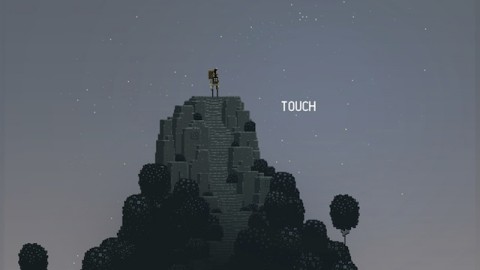The New Yorker’s new social game allows us to consider the worth of words.
Could you live without the word ‘moist’? What if ‘leap’ replaced ‘jump’? Words shape our surroundings and perceptions. The New Yorker’s new social game, know as “Questioningly,” is focused on our relationship to words. Here’s how Ben Greenman explains it, We’ll pose a question, and then ask you to answer it, either via Facebook or Twitter. The question will challenge you to provide a funny answer, though we will also accept answers that are witty, sharp, amusing, ingenious, or whimsical. When you respond, please use the hashtag #quesTioNinglY—that way we’ll know that you’re participating in the competition. Actually, we’re kidding.…
